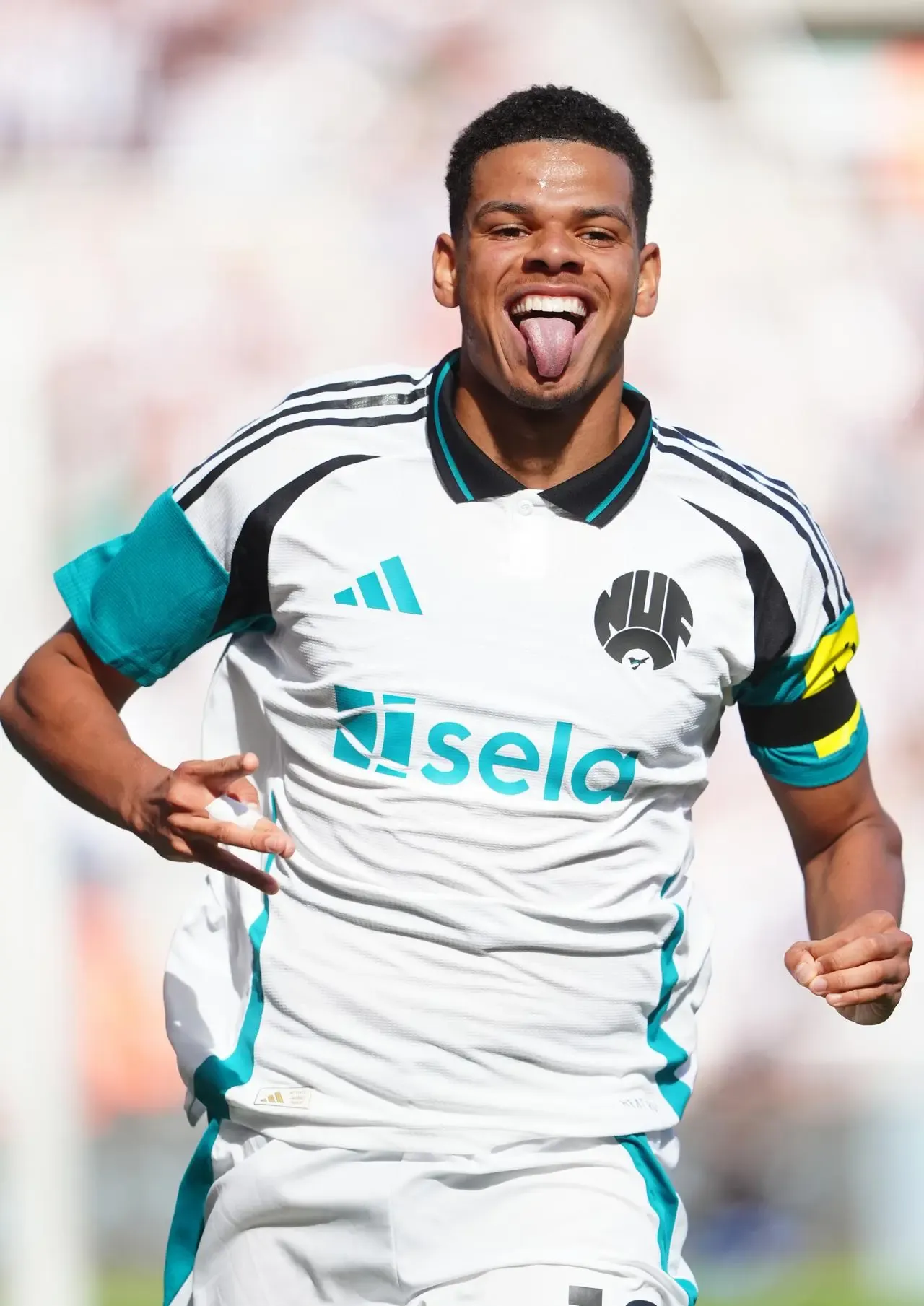Newcastle headed into the international break relieved to see the back of a fraught summer and sitting pretty in the Premier League.
On the field, head coach Eddie Howe is confident there is more to come after a start to the season which has brought good results, but less impressive form. Off it, there is a sense of relief that the club was able to comply with profitability and sustainability rules – if only just – but a frustration that those rules contributed to an ultimately underwhelming recruitment mission.
Here, the PA news agency takes a look at the current state of play at St James’ Park.
How central was PSR to a difficult summer on Tyneside?
🤝 Newcastle United midfielder Elliot Anderson has completed a permanent move to Nottingham Forest.
Everyone at #NUFC thanks @elljanderson for his service to the club and extends their best wishes for the next chapter in his career. 🖤🤍
— Newcastle United FC (@NUFC) June 30, 2024
During the weeks immediately after the end of last season, PSR was front and centre within the walls of St James’. Howe, Newcastle’s public face, had warned consistently that it would have to cut its cloth accordingly, and minds were sharply focused ahead of the June 30 deadline.
It is understood that the Magpies came perilously close to a points deduction with Elliot Anderson’s departure for Nottingham Forest and Yankuba Minteh’s for Brighton completed in the nick of time to stave off punishment without the need to sell star men Bruno Guimaraes, Alexander Isak or Anthony Gordon.
Thereafter, there was money to spend and Crystal Palace defender Marc Guehi ultimately became the main focus, but given what had gone before, financial prudence remained the overriding factor.
Who was making the decisions?
🤝 We are delighted to announce the appointment of Paul Mitchell as our new sporting director.
Welcome to Newcastle United, Paul!
— Newcastle United FC (@NUFC) July 4, 2024
There was a significant change behind the scenes during the close season when Amanda Staveley, the financier who had put together the Saudi-backed consortium which bought the club from Mike Ashley in October 2021, and her husband Mehrdad Ghodoussi left and sold their minority stake.
Figureheads in the dramatic rise which took the Magpies from a relegation battle to Champions League qualification inside 20 months aided by a spending spree which ultimately amounted to more than £400million, the couple had served as a focal point for excited fans, and Staveley admitted after her departure that she was “devastated” to be going.
She did so with chief executive Darren Eales and highly-regarded sporting director Paul Mitchell, two men with proven track records in football, having teamed up in a bid to drive the club forward on and off the pitch.
Where did this summer’s business leave Howe’s squad?

In short, not where the Newcastle manager would have liked it to be. Asked if his squad was weaker at the end of the window than it had been at the start, Howe admitted, “You can make an argument for that”.
Long-term injuries to central defenders Sven Botman and Jamaal Lascelles have left him short at the back, hence the pursuit of Guehi – AC Milan’s Malick Thiaw was among alternative targets – while a right-sided attacking player was also a focus.
In the event, Lewis Hall’s arrival on a permanent deal after his loan spell from Chelsea and moves for free agents Lloyd Kelly and John Ruddy, youngsters Miodrag Pivas and William Osula, and keeper Odysseas Vlachodimos were the only incomings as Anderson, Minteh, Matt Ritchie and Ryan Fraser, as well as released trio Paul Dummett, Loris Karius and Jeff Hendrick, departed.
How has that impacted performances?
⏲️ Patient build-up play💫 Defence-splitting pass🤝 Unselfish assist
Alexander Isak's winning goal against Spurs had everything 🤌pic.twitter.com/QXSVPrAWUg
— Premier League (@premierleague) September 2, 2024
In terms of results, not unduly, but performance is another thing. Newcastle have looked decidedly rusty in league victories over Southampton and Tottenham and a draw at Bournemouth, and they needed a penalty shoot-out to squeeze past Nottingham Forest into the Carabao Cup third round.
Howe’s options have been limited by injuries to Botman, Lascelles, Joe Willock, Lewis Miley and Callum Wilson, although Sandro Tonali’s availability after a 10-month suspension represents a major boost.
However, the Euro 2024 finals meant some of Howe’s key men had truncated pre-seasons, and the impact of trips to Australia at the end of the last campaign and Japan before the start of the new one – seen as vital if the club is to build its revenue streams – on the players is a matter for debate.

